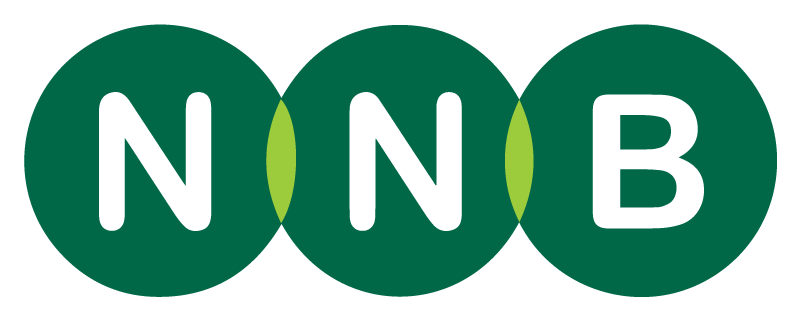
“I’m a librarian, a journalist and an unlicensed private investigator,” says John Martin.
BY MICHAEL BUTLER
NNB Student Reporter
John Martin may be the most ordinary sleuth you will ever meet.
He is not grizzled or hardened. He doesn’t wear a rumpled raincoat or a deerstalker hat. And you won’t find him chain-smoking in his rundown office while a leggy dame of questionable veracity darkens his doorway.
But Martin solves crimes.
From his office at the Tampa Bay Times, Martin relishes his role as a research journalist. He finds the facts, the people and the payments that elude others.
“I’m a librarian, a journalist and an unlicensed private investigator,” Martin said. And with the enthusiasm of a collector searching for rare coins, he dives into public records.
At 50, Martin long ago graduated from college, where he studied psychology and journalism. He received a master’s degree in library sciences from the University of South Florida in 1993. He is married with two daughters, has lived in Florida his entire life, and owns a home.
“All of these things create a mosaic of who you are in the public records system,” said Martin.
In August 2009, he began a routine examination into the public records of Hillsborough County Commissioner Kevin White. White had been on the Times’ radar since it was discovered he exaggerated his record of service in the Navy.
Like all elected officials, White was required to report all campaign contributions. And there, in a long list of contributors, was the United States Navy Veterans Association.
Martin recalls giving his reporting partner Jeff Testerman a puzzled look. “Charities aren’t allowed to make contributions to political campaigns, are they?” he asked.
They are not.
The dig to learn more about the Navy Veterans Association began.
With any research, Martin starts with the data. He knows its limitations. It’s messy, it’s incomplete, and it’s full of misspellings and omissions, but it always provides some clarity. Next he decides to whom he should talk. That’s where inconsistencies began to emerge.
At first glance, the website for the U. S. States Navy Veterans Association looks normal enough. It contains American flags, naval emblems and gushing rhetoric about military service.
It is also unsophisticated, unfocused and rambling. Red flag.
It touts an impressive list of key officers, including Brian Reagan (general secretary), Wiley Hance (national vice president) and Jack Nimitz (national chairman). But Martin’s best efforts failed to locate any of them or any of the more than 80 other officers and executives whose names appeared on the group’s IRS documents.
Another red flag.

All the phone numbers listed for the organization led to voice mail. All the addresses led to rented mailboxes.
Like a Chinese parade, the red flags continued to appear.
And the fact that so many aspects of the association were dead ends, that so many names led nowhere, began to paint a picture for Martin and Testerman.
Ultimately, all documents led back to one person, the director of development for the association, Bobby Thompson, who lived and worked out of a shabby Ybor City duplex that doubled as the Florida headquarters for the Navy Veterans Association.
In conversations with Testerman, Thompson was obstructive and combative. And like pulling on the exposed threads of a cheap sweater, every lead the newspaper pursued caused Thompson’s story to unravel even more.
Even more amazing, the journalists discovered through tax documents the depth of the association’s donor pool. “It took in more than $100 million in contributions,” said Martin.
Indeed, records showed that, using his position with the association, Thompson was able to get into the White House at least three times under an assumed name.
In fact, when Martin contacted the state of Washington seeking records about Thompson and the Navy Veterans there, the state faxed him a photo of Thompson posing with President George W. Bush at a White House event.
“I nearly lost bladder control when that thing came over the fax,” said Martin.
Later, investigators in Ohio uncovered more photos of Thompson posing with other notable political figures like House Speaker John Boehner, U.S. Sen. John McCain, political strategist Karl Rove and Florida Agriculture Commissioner Adam Putnam.
Martin still seems surprised that the discovery of this massive fraud began with a casual dig into public records.
It turns out that Thompson, whose real name is John Donald Cody, had been a federal fugitive for nearly three decades. He fled Tampa as the Times published its first stories about him and his sham charity and was on the run for two more years.
He was eventually captured by U.S. marshals in Portland, Oregon, and returned to Ohio for trial on multiple charges. He was convicted of racketeering, money laundering and identity theft in November 2013 and is now serving a 28-year sentence in prison.
And Martin, the librarian, journalist and unlicensed private detective, keeps digging.
Information from the Tampa Bay Times was used in this report.
